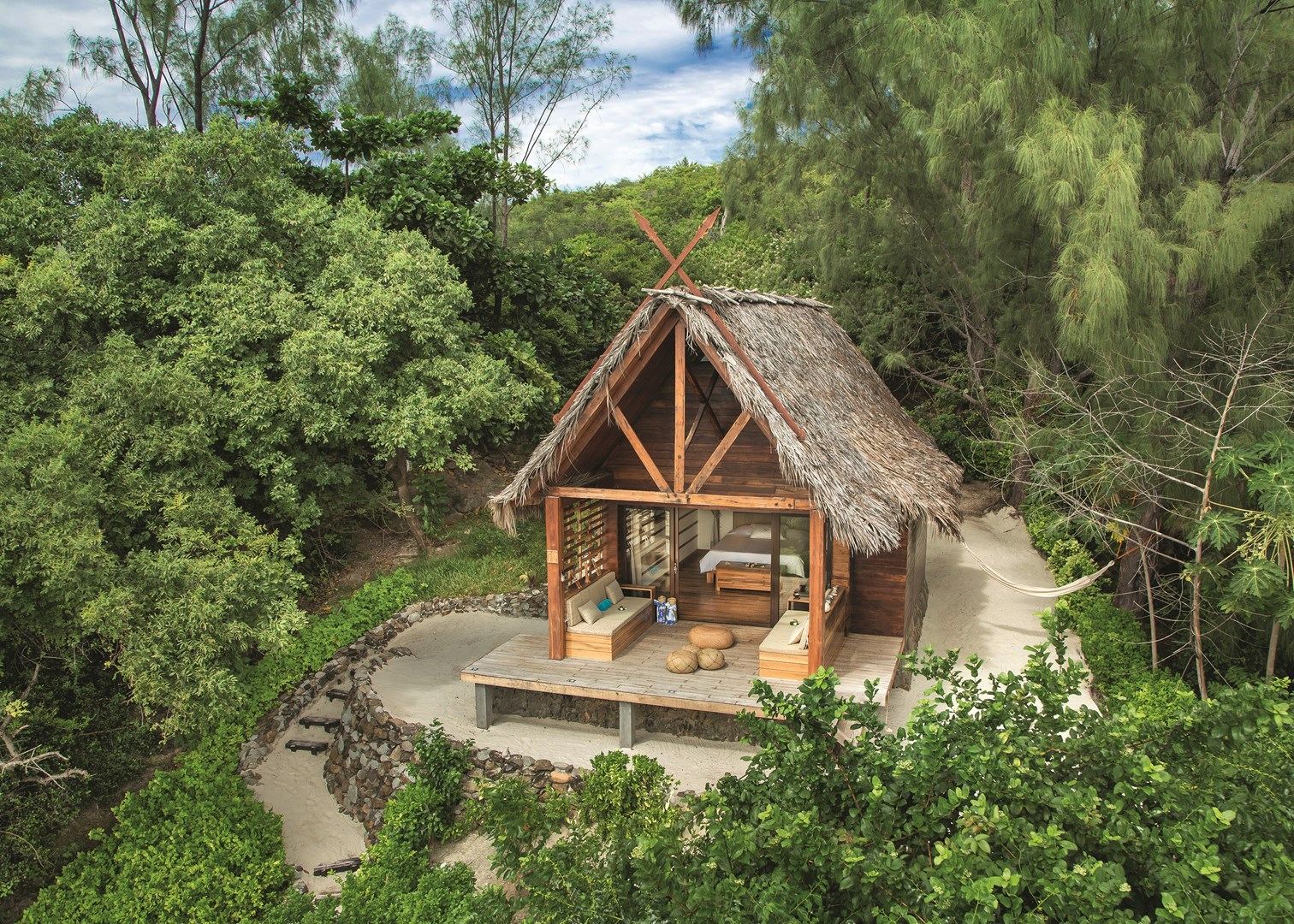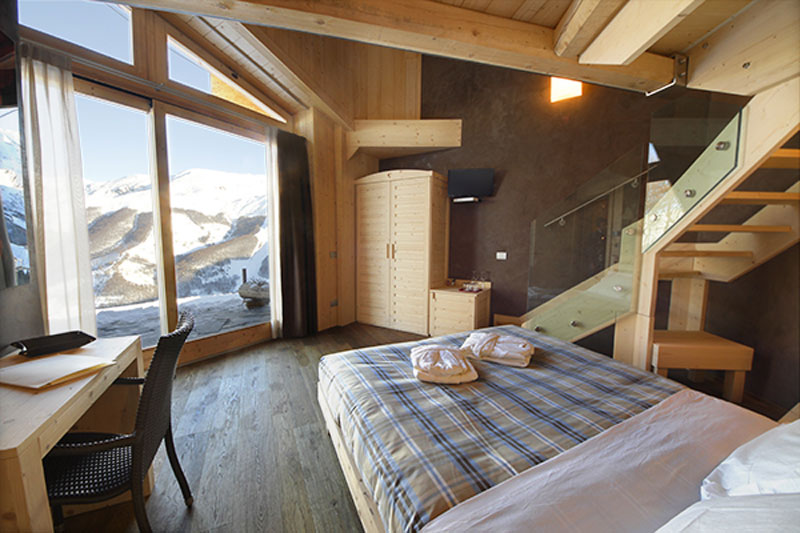We dream of jumping into adventures and visiting Instagram-perfect, picturesque locations. However, many of the locals in our favourite seasonal destinations for city breaks have been demonstrating this summer, as they feel their cities no longer belong to them. From adventures in untouched nature to simply tuning into the sound of quiet, conscious journeyers are now looking for travel options further away from famous landmarks.
Words: Meri Frig
Image: Audleytravel.com
The Guardian reports that tourist phobia has been rising this summer in our favourite bucket list destinations, such as Barcelona, Venice and Rome. Sense of community in these locations, and in many others, is dwindling, as witnessed by the locals. We are travelling more than ever before, yet for shorter periods of time. Hence, "the effects of tourism are now felt nearly everywhere", states Xavier Font, professor of Sustainability Marketing at the University of Surrey.
Our travel fever and the increased ease of fulfilling our dreams, by trekking to Machu Picchu or visiting the Park Güell in Barcelona, have critical consequences for the planet and the local people. Increased tourism not only contributes to global carbon emissions, but often has 'unwelcomed impacts on indigenous and heritage cultures, nature, and traditional landscapes', as professor Font summarises in a recent article published in the Journal of Sustainable Tourism.
Image: Inhabitat.com
Ironically, the increased awareness of threatened ecosystems and species has led travellers to want to visit these destinations before they disappear: tourists are finding their way to the Great Barrier Reef to witness the beauty of coral reefs and to the polar regions to see polar bears. The Catch-22 dilemma indicates that while tourism is considered a means of preserving and conserving sites, it is also causing a great deal of destruction to them as a result. The term ‘sustainable tourism’ is considered an oxymoron: it is argued tourism just cannot be sustainable, much because of the associated CO2 emissions, as well as increased litter and pollution.
Take Your Pick on Responsible Tourism: From Silence Retreats to Remote Tree House Rentals #Savant
Image: Jennmomoftwomunchkins.com
Tourist boards are now trying to find ways to manage the challenges: the mixed blessing of the changing nature and increasing intensity and volume of tourism. Local authorities are encouraged to cease relying on iconic attractions and to offer an increasing range of alternative destinations and sites to visit. Off-season tourism is promoted and many tourism companies have now chosen to accept only small groups.
"The term ‘sustainable tourism’ is considered an oxymoron: it is argued tourism just cannot be sustainable, much because of the associated CO2 emissions, as well as increased litter and pollution."
Image: Earthtralia.com
We cannot deny that tourism is also associated with the important roles of fostering peace, distribution of wealth, job creation, and developing inter-cultural relations. Travel is said to open our eyes, hearts, and minds. Responsible tourism would ideally create ‘better places to live in and to visit.’ The new wave of eco-travellers seek to support and engage with the local communities and visit unique, pristine, or under-explored places without harming them. The eco-travel trend inspires to explore untouched places (ideally within close distance or accessible by direct flights), stay in unique Airbnb rentals, and learn open-mindedness, respect, and attitude from those who often prefer to call themselves travellers rather than tourists.
"The new wave of eco-travellers seek to support and engage with the local communities and visit unique, pristine, or under-explored places without harming them."
Image: Limoneturismo.it
Image: Edsaplan.com
Image: Freshome.com
At the same time, silence has been deemed to be one of the biggest travel trends. An increasing number of travellers now opt for the farmhouse, the garden room adjacent to the city or the tree house in the French Alps when planning their next vacation. Time to Log Off offers digital detox retreats in Somerset, UK, Puglia, Italy, and Oahu, Hawaii, encouraging guests to reconnect with the physical self and relearn to look up at the world. Arctic Emotions in the Finnish Lapland provide excursions that promote ‘passivity’ instead of activities, promising not to rush anything. Recent research shows that even five minutes in the forest boosts your mood and twenty lowers your blood pressure. And many tourism operators in the greenest and most silent corners of the world are now spreading the message with joy.
However, in the end, it is not really the travel that opens our minds and hearts, but us. And this, no doubt, can be done anywhere and nowhere.






